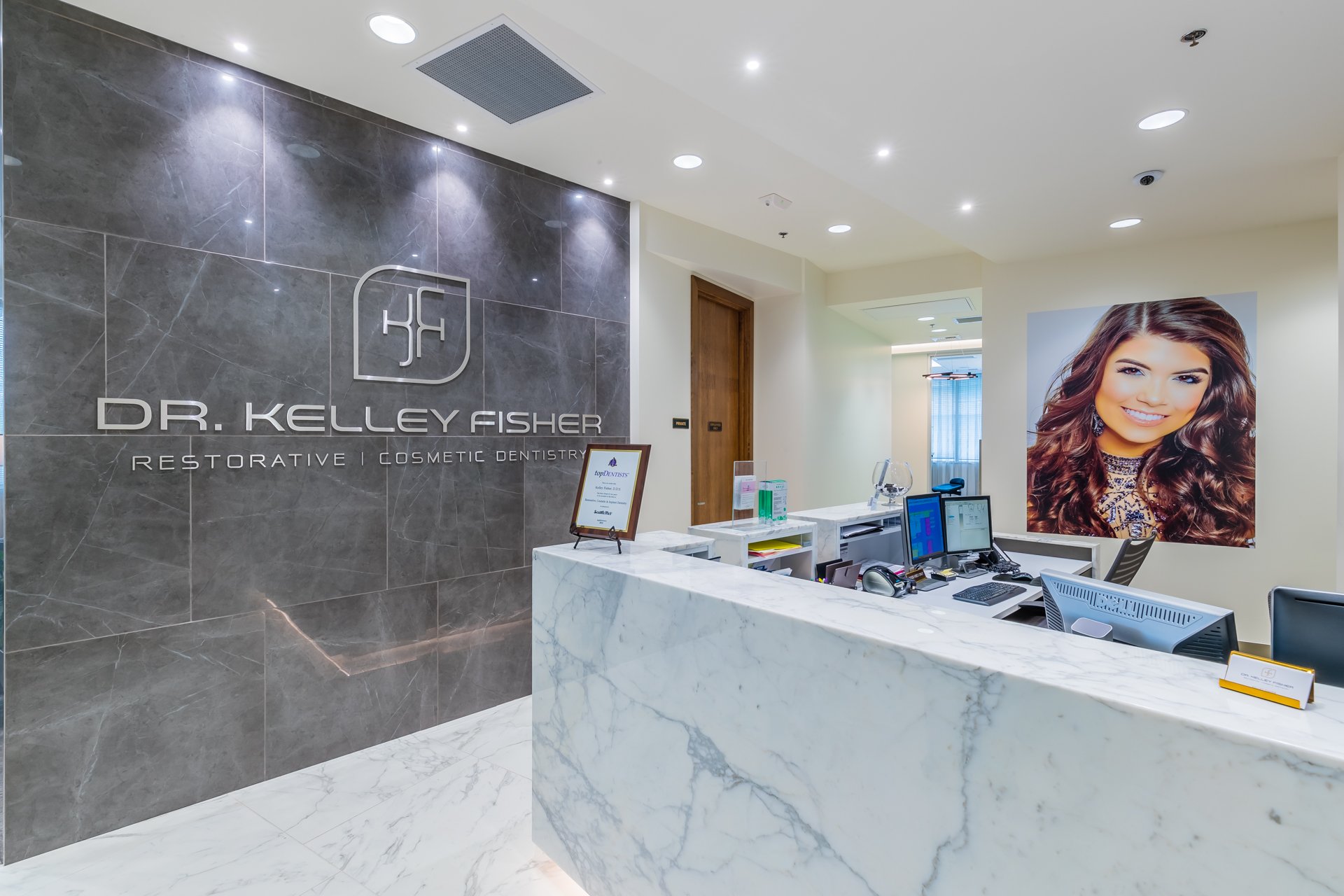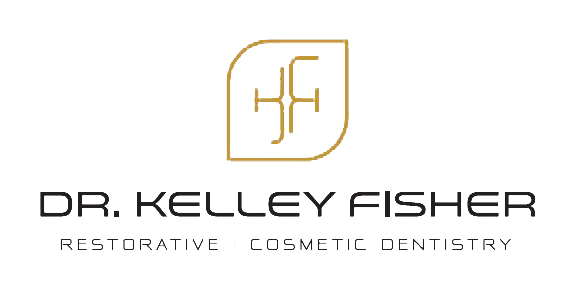

The Eastside’s Premiere Expert in Cosmetic and Concierge Dentistry
From general dentistry to implants to cosmetic dentistry, Dr. Fisher will guide you expertly through the entire process.
From Dr Fisher
We know that choosing the right dentist is one of the most important decisions a patient can make regarding their smile.
Dr. Fisher has over 20 years experience restoring damaged smiles. Dr. Fisher has trained with the American Academy of Cosmetic Dentistry and the prestigious, Dawson Academy.
She has been voted Top Dentist in Seattle Met magazine by her peers for the past fifteen years. She is known for her natural looking smiles and a commitment to excellence, performing all smile makeovers with the highest level of care and expertise.
If you are looking for a new smile, or just an expert to help keep your smile beautiful and functional, look no further than your Sammamish neighborhood. We invite you to contact us today for a complimentary consultation.

“Such a wonderful practice from end to end. Friendly front desk, very knowledgeable staff, innovative and modern technology, Dr. Fischer (with my full input) developed a pro active dental plan (vs reacting to issues), and during each visit my comfort / care is a top priority. A+ to Dr. Fischer for building the best dental practice I have ever trusted my dental care to!.”
— Jim H. —



